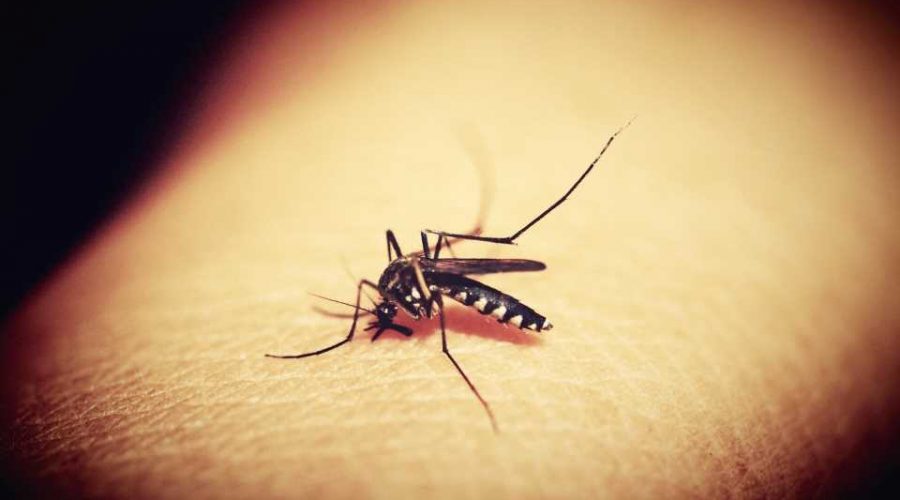Monoclonal antibody shown to be effective against malaria for up to six months

A large team of researchers affiliated with a host of institutions across the U.S. has developed a monoclonal antibody proven to be effective against malaria, perhaps for as long as six months, in a clinical trial. They have published their results in The New England Journal of Medicine.
Malaria is an infectious disease caused by a parasitic microorganism of the Plasmodium group. Infected people experience tiredness, fever, headaches and vomiting. It can be deadly, especially in very young people. Most infections occur in sub-Saharan Africa, and there have been ongoing efforts for many years to reduce infections or to eradicate the disease altogether. Just last year, a malaria vaccine made its debut, but unfortunately it has not worked nearly as well as hoped. In this new effort, the researchers have taken a different approach by using monoclonal antibodies.
To fight diseases, vaccines incite the immune system into action by giving it a tiny taste of what a disease may hold, resulting in the production of antibodies. A more direct approach is to develop the antibodies and give them to people so that the body can begin fighting off an infection at full force as soon as an intruder is detected. In this case, the antibody (called L9LS) has been optimized to fixate on a certain protein used by the malaria parasite to infect organs in the body, particularly the liver.
Source: Read Full Article
